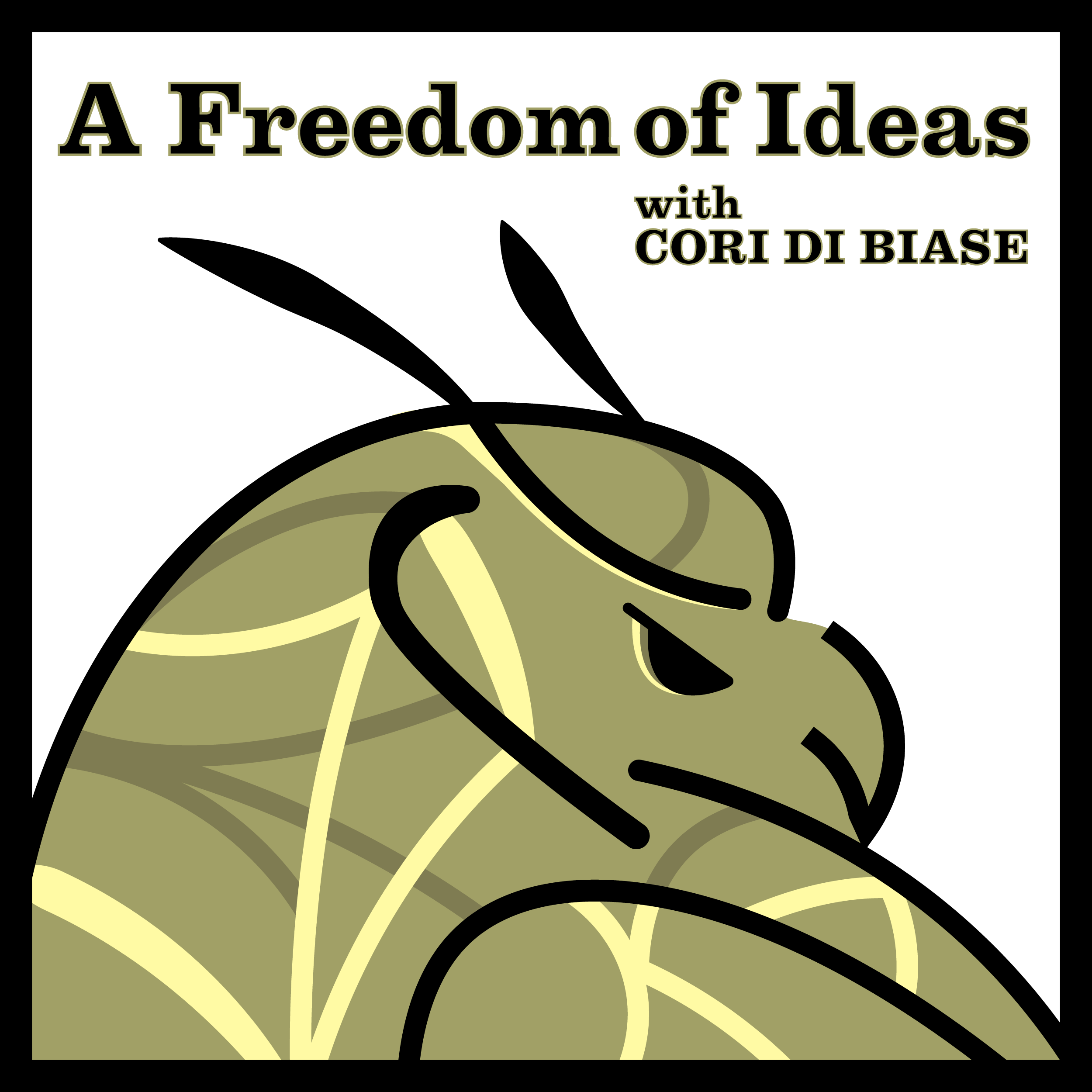Free Will (or Not?), Part 3: The Radical Ubiquity of "Me"
We will explore the barriers to explaining free will in the context of the philosophy of mind. Can a brain make a mind? Can real, rigorous, freedom come from the natural elements that make up a human being?
What role does language play in creating free will? What role does our history of language use play in creating an idea of free will that is so grandiose and mythologized as to be almost impossible to explain in a way that meets our expectations?
Also, I'll say "quote-unquote" quite a bit.
***SEASON ONE READINGS AND SOURCES***
A Philosophical Essay on Probabilities, by Pierre-Simon Laplace
Consciousness Explained, by Daniel C. Dennett (Paul Weiner, Illustrator)
Elbow Room: The Varieties of Free Will Worth Wanting, by Daniel C. Dennett
Freedom Evolves, by Daniel C. Dennett
Meditations on First Philosophy, by René Descartes
Mystery of the Mind: A Critical Study of Consciousness and the Human Brain, by Wilder Penfield
Subjectivity, Realism, and Postmodernism: The Recovery of the World in Recent Philosophy, by Frank B. Farrell
Copyright 2025 Cori Di Biase

